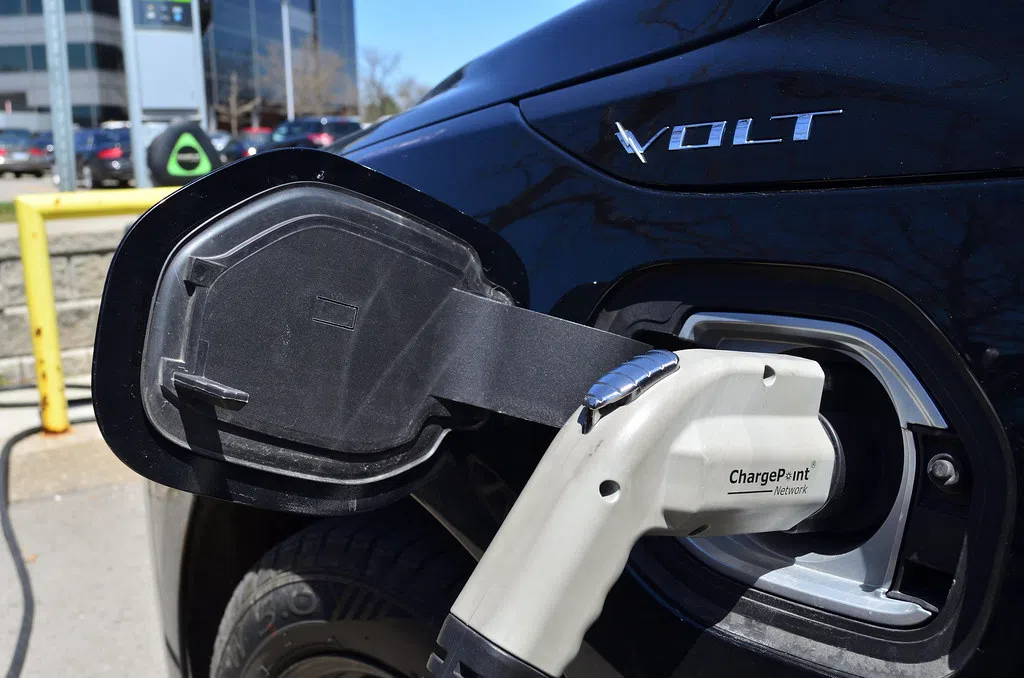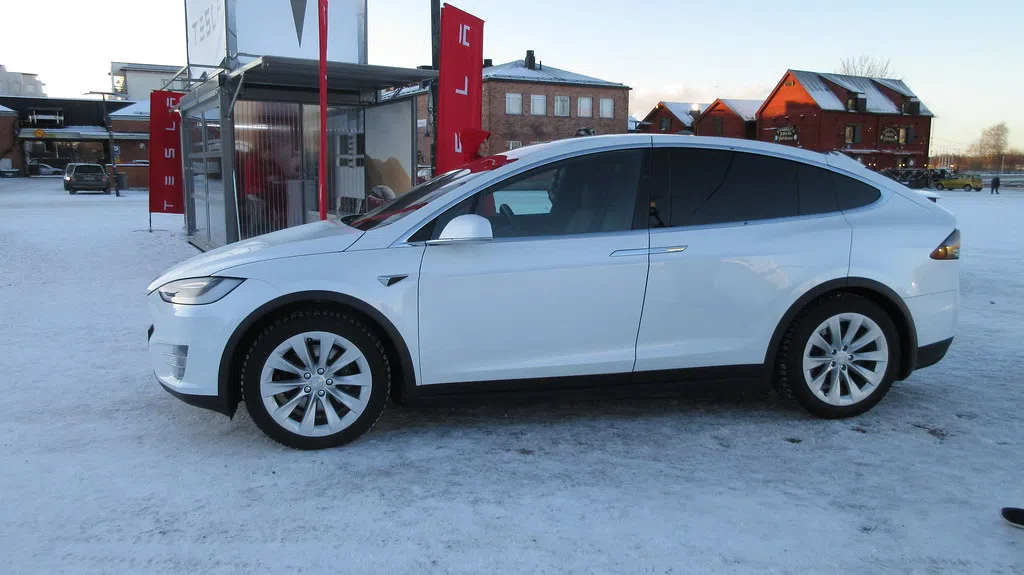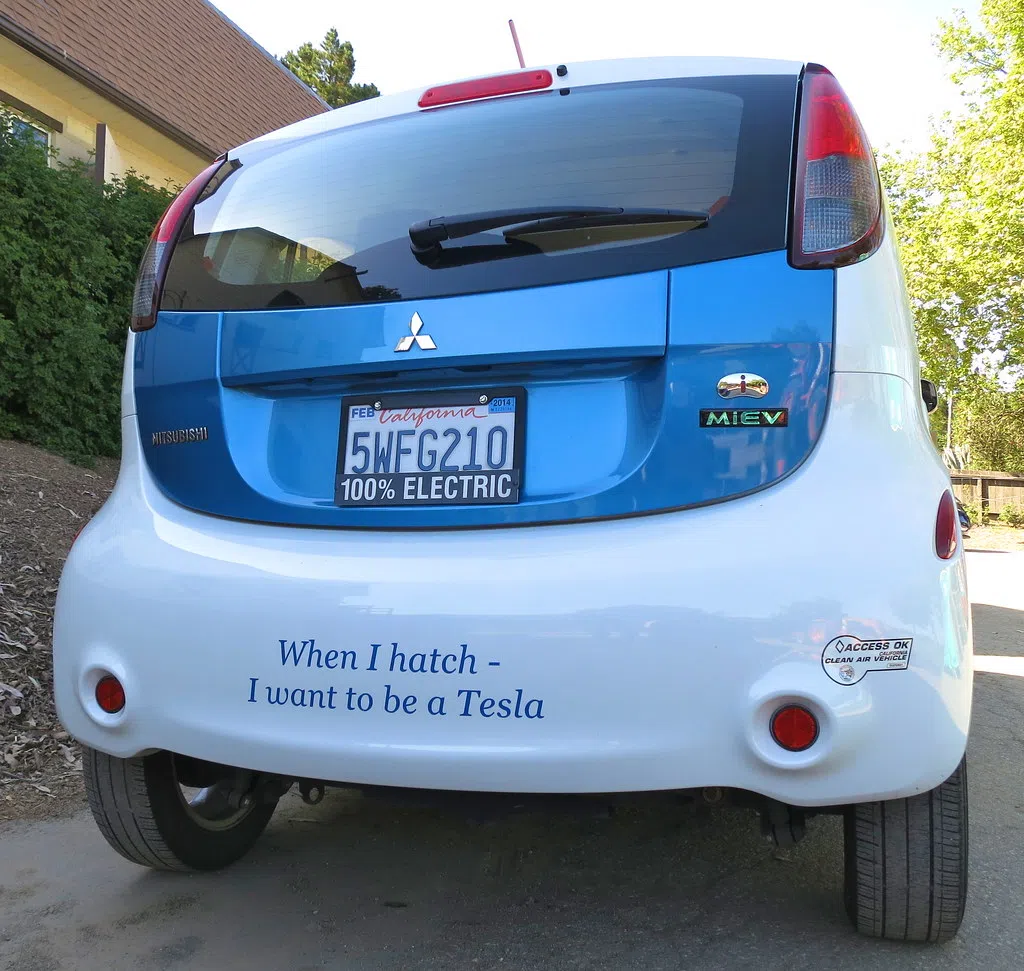City Councilors passed a motion recently that proposed various green development standards for the development of new buildings in the city. One of such proposed standard was to reserve 5% of parking space in buildings having more than 40 units to be reserved for EV charging. Many EV users think this change can finally solve the biggest problem they face regarding owning EVs.
Robinson says, “In the events we’ve attended, for many individuals who rent, a common obstacle they face is the lack of access to install a charger, often due to landlords who are uninterested in addressing this issue. This predicament is not a new one; however, the challenge lies in retrofitting or enforcing adoption.”
“My average monthly commute ranges from 3300 to 3600 kilometres, significantly impacting my electricity bill by approximately 40 to 52 dollars per month. If I were to rely on supercharging, the cost would likely soar to five or six hundred dollars. This emphasizes the high cost of gas for traditional vehicles compared to electric vehicles (EVs). While EVs may seem expensive upfront, the real savings lie in charging and maintenance,” says Greg Robinson from the London EV association.
“I had a conversation with Jamie Skimming from the City of London last year, and he proposed that London would be open to adopting a similar mentality if another major Canadian city were already implementing such measures. London seemed hesitant to take the lead in initiating the change but expressed a willingness to follow a framework that was already in place,” says Robinson.
Greg Robinson believes governments at all levels will have to work and support the EV industry if we want to be successful in the goal of meeting net zero carbon emissions. Whether it be through improvements in infrastructure or through subsidies while buying new EVs, he hopes the governments will try to fill the gaps and make the transition to EVs
easier.








Comments